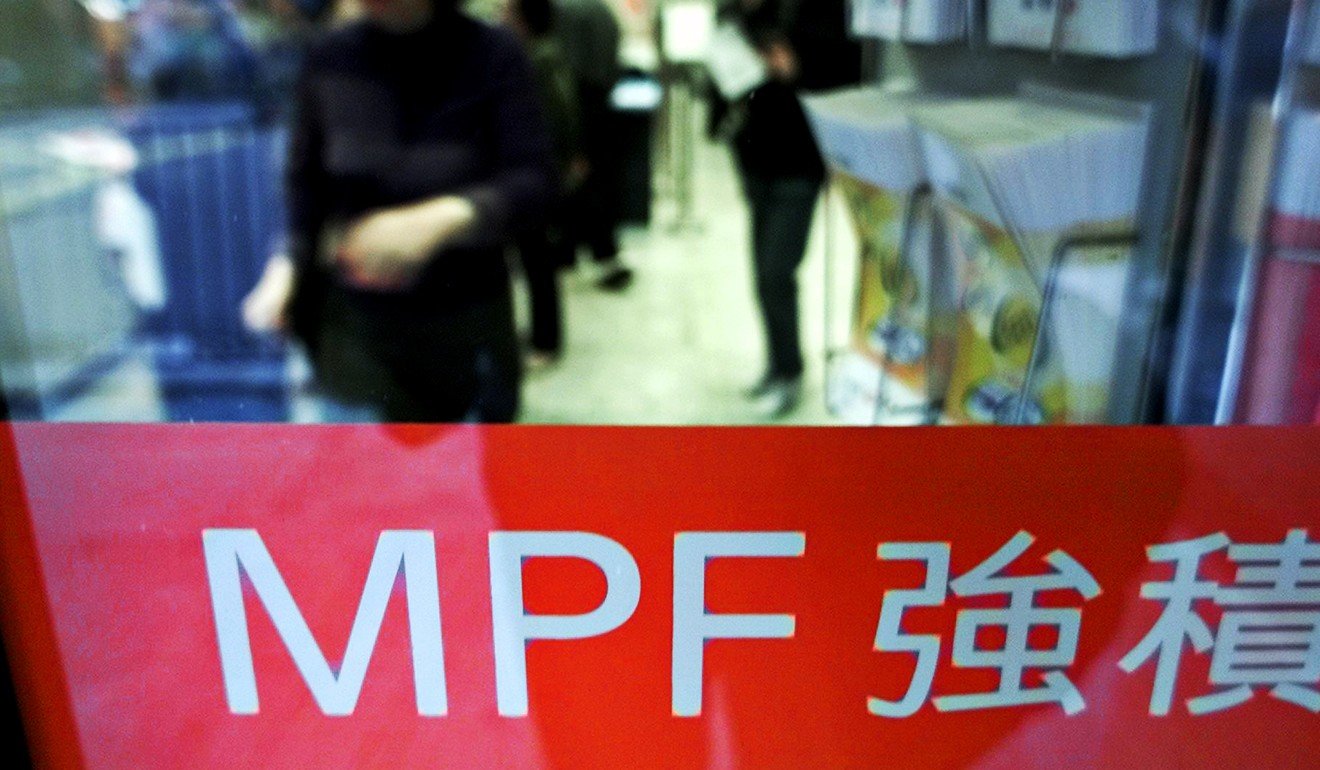
Analysis | Hong Kong budget has something for everyone but much depends on execution
From a raft of measures to support different facets of business to money for social welfare programmes, nearly every segment of society stands to benefit in some way. But now the government must follow through
This year’s budget addresses a broader range of issues than has been the case in recent years. There are measures to assist the development of most of the key industries in Hong Kong and to meet the needs of many different sectors of society.
Financial Secretary Paul Chan Mo-po’s approach is to share 40 per cent of the projected surplus with the community and to invest 60 per cent in the future. One challenge is to ensure that this provides enough for an ageing population in the longer term – assuming that the tax base is not significantly broadened. Another challenge is to ensure that these funds are then disbursed properly and used to implement meaningful change.
Hong Kong reboots with ‘back to the future’ budget
One of the main areas of focus has been to incentivise research and development expenditure so that Hong Kong companies can move up the value chain. While the incentives are welcome, policy formulation in this area must be more aligned with international best practice. The government needs not only to encourage companies to carry out research and development, but also to keep the resulting intellectual property within the jurisdiction.
Bumper tax benefits for 1.88 million Hongkongers thanks to record HK$138 billion surplus
The raft of measures to support innovation in biotechnology, artificial intelligence, smart cities and fintech should help strengthen Hong Kong’s position within the “Greater Bay Area”– Beijing’s scheme to link the cities of Hong Kong, Macau, Guangzhou, Shenzhen, Zhuhai, Foshan, Zhongshan, Dongguan, Huizhou, Jiangmen and Zhaoqing into an integrated economic and business hub.

The measures announced to boost financial services in Hong Kong were particularly welcome. As the financial secretary pointed out, bond issuance in Asia except Japan grew 60 per cent last year, but Hong Kong has long been under-represented in this market. Measures to incentivise bond issuance and the extension of tax exemptions to debt instruments with maturities under seven years will both prove highly beneficial to Hong Kong’s financial sector.
Hong Kong finance chief gives cash to help use idle government sites – but nothing to boost home ownership
Green finance has been a flourishing segment in China. It issued its first green bond in 2015 and now accounts for roughly one third of global issuance. The issuance programme announced in the budget will hopefully encourage more issuers to seek financing through Hong Kong’s capital markets.
Other notable measures that can help maintain Hong Kong’s competitive position include the tax exemptions for open-ended funds which will come into effect this year. Enhancing Hong Kong’s role as an insurance hub for the region is also important.
A range of targeted welfare measures included in the budget are complemented by the launch of a Life Annuity scheme, which was expected to be well received by those preparing for retirement. Extending tax concessions to voluntary MPF contributions will also help an ageing population achieve a measure of financial security. As these will be subject to the same withdrawal restrictions as mandatory contributions, this largely deals with any potential tax planning implications that could arise from this measure.
Hong Kong researchers working in mainland China should get tax breaks there, Paul Chan says
The budget stands out from those of previous years due to the comprehensive range of measures. Nearly every segment of society stands to benefit in some way. This budget has given as much emphasis to the “software” of Hong Kong as it has to the hardware. But its success will depend on timely and commercially minded execution.
David Smith is senior adviser at accounting and professional services firm PriceWaterhouseCoopers
